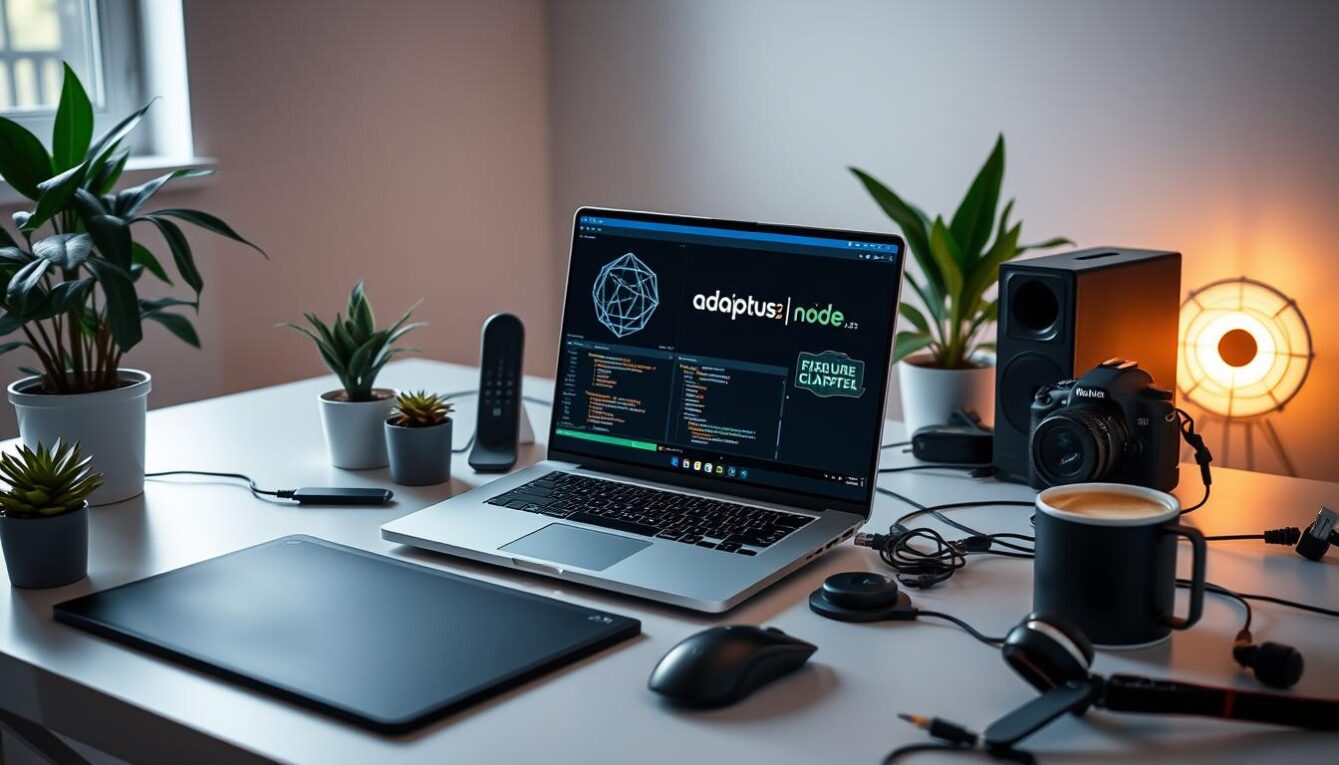DevOps is a software development methodology that integrates development (Dev) and operations (Ops) teams to deliver faster and more reliable software. But DevOps is more than just a methodology, it’s a culture that fosters collaboration, communication, and continuous improvement. If you want to implement a successful DevOps culture in your organization, you need to understand the key concepts and best practices.
DevOps: From Concept to Culture
DevOps is built on the principles of collaboration, automation, measurement, and sharing. Collaboration means breaking down silos between development and operations teams and creating a shared understanding of goals and priorities. Automation means using tools and processes to automate repetitive tasks, reduce errors, and increase efficiency. Measurement means using data and metrics to monitor performance, identify bottlenecks, and improve processes. Sharing means creating a culture of knowledge sharing and learning from both successes and failures.
To implement a successful DevOps culture, you need to start with a clear vision and strategy. This means identifying your goals, defining your processes, and establishing metrics to measure success. You also need to invest in the right tools and infrastructure, such as continuous integration/continuous deployment (CI/CD) pipelines, monitoring and logging tools, and cloud infrastructure. Finally, you need to create a culture of learning and continuous improvement by encouraging experimentation, feedback, and collaboration.
Your Guide to Building a Winning Team
Building a winning DevOps team requires a combination of technical skills, soft skills, and cultural fit. Technical skills include proficiency in programming, automation, and cloud infrastructure. Soft skills include communication, teamwork, problem-solving, and adaptability. Cultural fit means sharing the values and principles of DevOps, such as collaboration, experimentation, and continuous improvement.
To attract and retain top talent, you need to create a positive work environment that values diversity, transparency, and work-life balance. You also need to provide opportunities for professional growth and development, such as training, mentoring, and conferences. Finally, you need to recognize and reward success, both individually and as a team.
Implementing a successful DevOps culture is not easy, but it’s worth the effort. By breaking down silos, automating processes, measuring performance, and sharing knowledge, you can deliver faster, more reliable software that meets the needs of your customers. By building a winning team that shares the values and principles of DevOps, you can create a culture of collaboration, innovation, and continuous improvement. So start your DevOps journey today and see the results for yourself!










